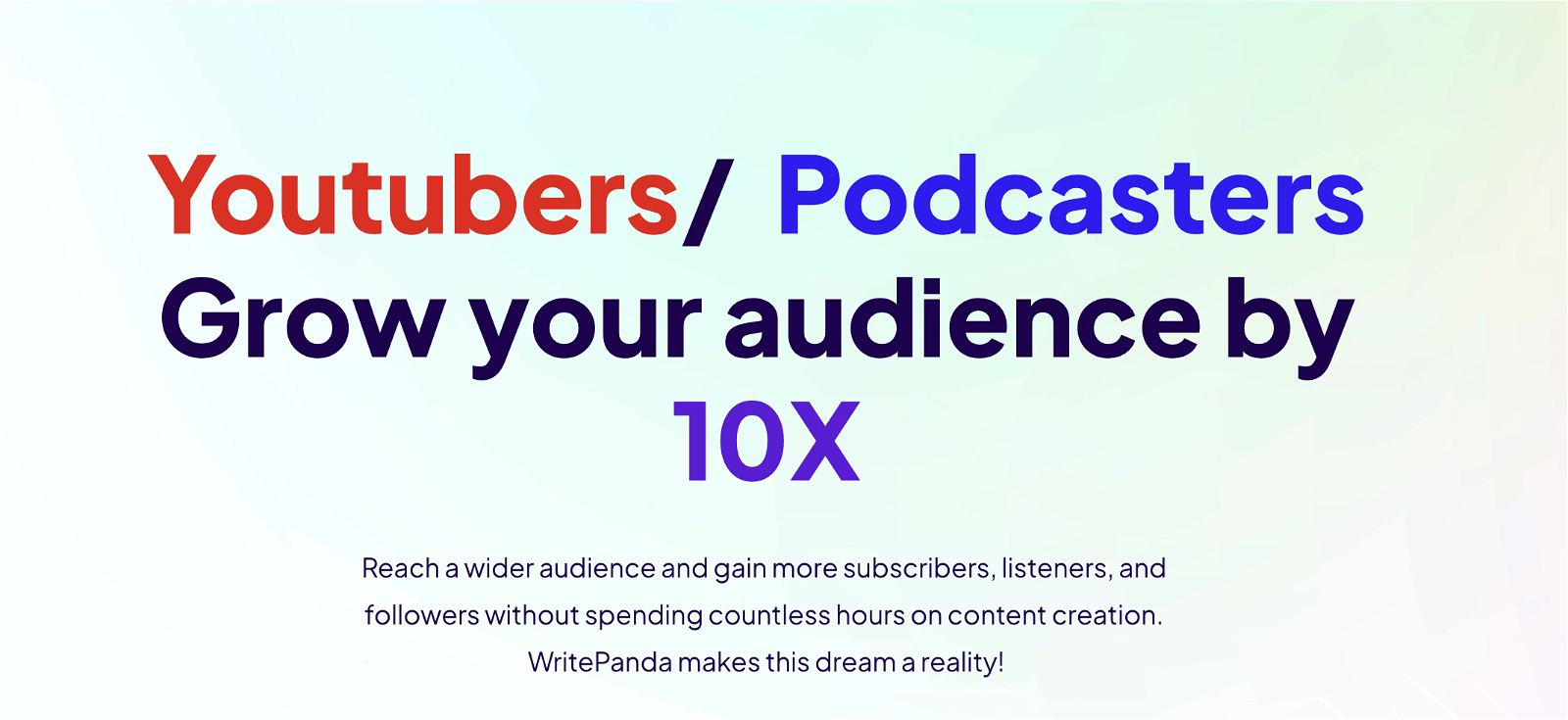The purpose of the research was to investigate the impact of social media on the mental health of adolescents. The researchers conducted a survey of 1,000 adolescents aged 13-18 and found that 75% of them used social media for more than 2 hours per day. The survey also found that 58% of the adolescents reported feeling sad or depressed after using social media, and 45% reported feeling anxious or nervous. The researchers concluded that excessive social media use is associated with increased symptoms of depression, anxiety, and poor sleep quality in adolescents.
The study also explored the potential mechanisms underlying the relationship between social media use and mental health. The researchers found that social media use can lead to negative self-comparison, social isolation, and decreased face-to-face social interaction, all of which can contribute to poor mental health outcomes. Additionally, the researchers found that social media use can also lead to cyberbullying, which can have serious consequences for mental health. Overall, the study suggests that excessive social media use can have a significant negative impact on the mental health of adolescents, and that further research is needed to understand the mechanisms underlying this relationship and to develop effective interventions to mitigate these effects.
The study's findings are consistent with previous research on the impact of social media on mental health. For example, a study published in the Journal of Youth and Adolescence found that social media use was associated with increased symptoms of depression and anxiety in young people. Another study published in the journal Cyberpsychology, Behavior, and Social Networking found that social media use was associated with increased feelings of loneliness and isolation in young adults. The study's findings are also consistent with the theory of social comparison, which suggests that people tend to compare themselves to others on social media and feel worse about themselves as a result.
The study's findings have important implications for the mental health of adolescents. The researchers suggest that parents, educators, and mental health professionals should be aware of the potential negative impact of social media on adolescent mental health and take steps to mitigate these effects. For example, parents can set limits on their children's social media use and encourage them to engage in face-to-face social interaction. Educators can incorporate lessons on digital citizenship and media literacy into their curriculum, and mental health professionals can screen adolescents for symptoms of depression and anxiety related to social media use.
In conclusion, the study provides strong evidence that excessive social media use is associated with increased symptoms of depression, anxiety, and poor sleep quality in adolescents. The study's findings are consistent with previous research and have important implications for the mental health of adolescents. Further research is needed to understand the mechanisms underlying the relationship between social media use and mental health, and to develop effective interventions to mitigate these effects.






